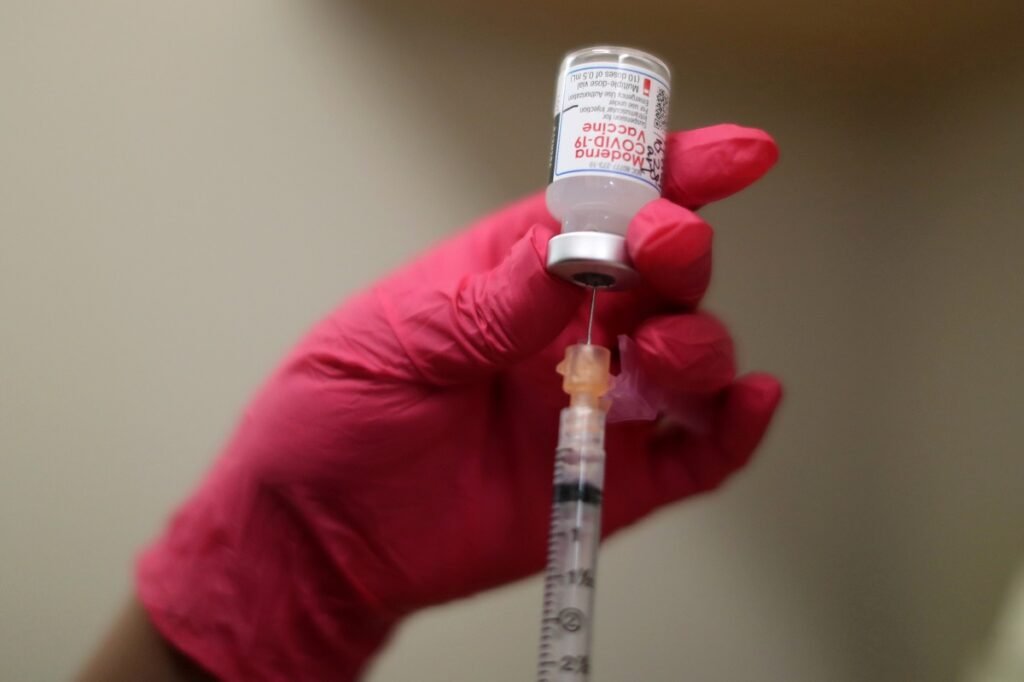Silent Killer
ISLAMABAD: According to the World Health Organization’s inaugural hypertension report titled “The race against a silent killer,” more than 30 million adults in Pakistan are grappling with hypertension, commonly known as high blood pressure.
The report revealed that out of the 32.2 million individuals with hypertension, only 44% have been formally diagnosed. About 34% are men and 54% are women. Additionally, 35% are receiving treatment, and a mere 11% have their hypertension under control.

The report also highlighted that daily salt consumption per capita is 9 grams. About 21% of the population are smokers (34% males and 8% females).
Furthermore, it noted that 34% of the Pakistani population is physically inactive, based on 2016 data.
In 2019, 450,000 people in Pakistan succumbed to cardiovascular diseases, with 58% of these deaths attributed to high blood pressure.
The report lamented the absence of treatment guidelines for managing hypertension in Pakistan. It also reported the lack of a national target for blood pressure control. The country also lacks a national target for salt consumption.
To achieve a 50% control rate for hypertension, the report suggested effectively treating an additional 12.5 million people with hypertension. Health authorities can avert 839,000 deaths by 2040 by putting in place an effective healthcare system.
Globally, the number of individuals with hypertension (blood pressure of 140/90 mmHg or higher) has doubled from 650 million to 1.3 billion during 1990 to 2019. Nearly half of individuals with hypertension worldwide are unaware of their condition. More than three-quarters of adults with hypertension reside in low and middle-income countries.
The report underscored that approximately 4 out of every 5 people with hypertension do not receive adequate treatment.
Hypertension affects 1 in 3 adults globally. It is leading to severe health issues such as stroke, heart attack, heart failure, kidney damage, and more. While factors like age and genetics can increase the risk of high blood pressure, modifiable risk factors like a high-salt diet, physical inactivity, and excessive alcohol consumption also contribute to hypertension.
Encouragingly, lifestyle changes such as adopting a healthier diet, quitting tobacco use, and engaging in regular physical activity can help reduce blood pressure. Some individuals may require medication to effectively manage hypertension and prevent associated complications.


